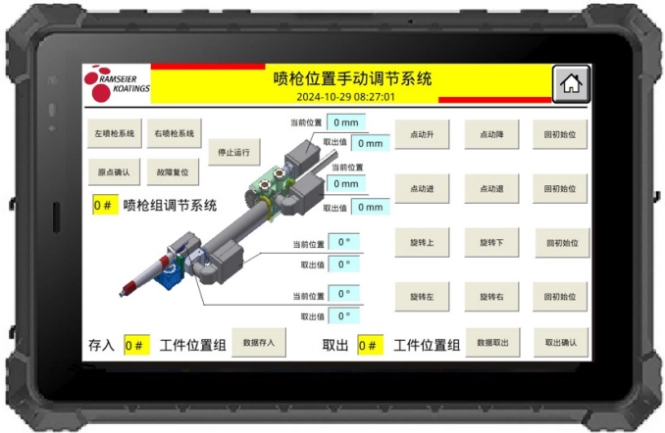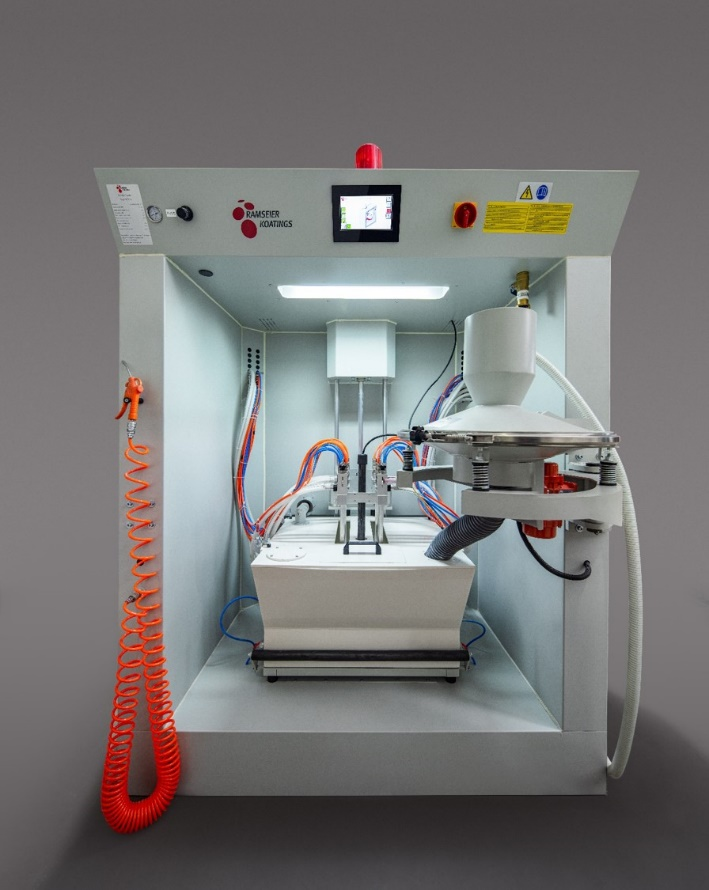Content Menu
● Understanding Data Management Systems
>> What is a Data Management System?
>> Key Functions of a Data Management System
● Impact of Data Management Systems on Precision
>> Enhancing Accuracy in Data Handling
>> Real-Time Monitoring and Feedback Loops
>> Predictive Analytics for Precision Improvements
● Reducing Downtime Through Effective Data Management
>> Predictive Maintenance and Condition Monitoring
>> Faster Troubleshooting and Root Cause Analysis
>> Streamlining Operational Workflow
● Implementation Strategies for Data Management Systems
>> Assessment of Data Needs and Sources
>> Choosing the Right Technology Stack
>> Data Governance and Security
>> Training and Change Management
● Case Studies: Real-World Benefits of Using a DMS
>> Manufacturing Sector
>> Healthcare Industry
● Future Trends in Data Management Systems
>> AI and Machine Learning Integration
>> Edge Computing
● Conclusion
● Frequently Asked Questions (FAQs)
In today's fast-paced industrial and technological environments, precision and minimizing downtime are critical for maintaining competitiveness and operational efficiency. A robust data management system (DMS) plays a pivotal role in achieving these goals. This article explores how the integration of an advanced DMS can significantly enhance precision in processes and reduce downtime in various industries. Through understanding the mechanisms behind data management, its implementation, and best practices, organizations can leverage data to create more reliable, accurate, and responsive operations.

Understanding Data Management Systems
What is a Data Management System?
A data management system is a software solution designed to efficiently collect, store, organize, and analyze data generated across an enterprise. It acts as the backbone for managing vast amounts of information, enabling businesses to maintain data integrity, accessibility, and security. In modern contexts, DMS can range from simple databases to complex systems integrated with cloud computing, artificial intelligence, and automation tools.
Key Functions of a Data Management System
- Data Collection and Integration: Aggregates data from multiple sources ensuring a centralized repository.
- Data Storage: Provides structured storage that supports easy retrieval and management.
- Data Processing: Transforms raw data into meaningful insights through algorithms and analysis.
- Data Security and Compliance: Protects sensitive information and ensures regulatory adherence.
- Data Accessibility: Allows stakeholders real-time access to accurate data for decision-making.
Impact of Data Management Systems on Precision
Enhancing Accuracy in Data Handling
Precision largely depends on the accuracy and reliability of data. A well-designed DMS eliminates errors commonly introduced during manual data entry or fragmented systems. Automated data validation and consistent synchronization ensure that the input data is correct before analysis or reporting.
Real-Time Monitoring and Feedback Loops
Modern DMS solutions often integrate with sensors and IoT devices to collect real-time operational data. This immediate feedback loop allows systems and operators to make fine-tuned adjustments proactively, enhancing precision in manufacturing, quality control, or service delivery.
Predictive Analytics for Precision Improvements
By leveraging historical data and advanced analytics, a DMS can predict potential deviations or failures before they occur. This foresight enables the calibration of processes, ensuring tighter control tolerances and improved product quality.
Reducing Downtime Through Effective Data Management
Predictive Maintenance and Condition Monitoring
Unplanned downtime is one of the most costly problems in industrial settings. A DMS enables condition-based monitoring by continuously analyzing equipment performance data. Predictive maintenance schedules generated from this data reduce unexpected failures and extend asset life.
Faster Troubleshooting and Root Cause Analysis
When systems go down, rapid identification of the root cause is crucial. A comprehensive DMS captures detailed logs and historical performance data, empowering maintenance teams to quickly diagnose issues. This reduces the mean time to repair (MTTR), minimizing downtime.
Streamlining Operational Workflow
A DMS supports workflow automation and standard operational procedures by managing tasks and alerts. It ensures that processes are executed smoothly and disruptions are anticipated and managed efficiently.
Implementation Strategies for Data Management Systems
Assessment of Data Needs and Sources
Successful DMS deployment starts with identifying what data is critical, where it comes from, and how it will be used. This includes analyzing existing workflows, data quality, and storage capabilities.
Choosing the Right Technology Stack
Selecting the appropriate hardware and software is essential. Many companies now adopt cloud-based or hybrid models for scalability and accessibility. Integration capabilities with existing systems are a vital consideration.
Data Governance and Security
A sound governance framework ensures data accuracy, privacy, and compliance. Policies must be established for data ownership, access controls, and auditing procedures to maintain system integrity.
Training and Change Management
A DMS is only as effective as its users. Training programs for staff ensure efficient operation and uptake. Change management addresses cultural resistance and supports smoother transitions to data-driven workflows.
Case Studies: Real-World Benefits of Using a DMS
Manufacturing Sector
In manufacturing, a DMS can integrate with production line sensors to monitor equipment status continuously. For example, early detection of wear in machine parts can be used to schedule maintenance, preventing costly breakdowns and ensuring product precision.
Healthcare Industry
Hospitals using data management systems can track patient information, medical devices, and treatment outcomes in real time. This precision in data handling improves diagnostic accuracy and reduces downtime caused by equipment malfunctions.
Future Trends in Data Management Systems
AI and Machine Learning Integration
Artificial intelligence enhances a DMS by automating complex data analysis, detecting patterns, and recommending actions, further improving precision and reducing downtime.
Edge Computing
Processing data closer to the source reduces latency and bandwidth requirements, enabling faster response times and better real-time decision-making.
Conclusion
A data management system is integral to enhancing precision and reducing downtime. By providing accurate, real-time data and predictive insights, a DMS transforms operational efficiency across various industries. Implementation requires careful planning, appropriate technology choice, and organizational commitment to data governance and training. Embracing these systems positions businesses to meet the challenges of modern industrial demands with agility and confidence.

Frequently Asked Questions (FAQs)
Q1: How does a DMS specifically improve precision in manufacturing?
A1: By automating data collection and validation from sensors on the production line, a DMS provides accurate real-time data that helps in fine-tuning processes, ensuring products meet exact specifications consistently.
Q2: In what ways does a data management system reduce downtime?
A2: Through continuous equipment monitoring and predictive analytics, a DMS can predict failures or maintenance needs ahead of time, avoiding unexpected breakdowns and reducing downtime.
Q3: What are the essential features to look for in a DMS for industrial use?
A3: Key features include real-time monitoring, predictive analytics, integration capability with IoT devices, data security, and user-friendly interfaces for operators and management.
Q4: How does data governance affect the effectiveness of a DMS?
A4: Proper data governance ensures data quality, security, and compliance, which are critical for trustworthy insights, safeguarding sensitive information, and achieving consistent operational precision.
Q5: Can a DMS be integrated with existing legacy systems?
A5: Yes, many modern DMS solutions offer API integrations and middleware tools that allow them to work alongside legacy systems, enabling a gradual transition and preserving previous investments.
Hot Tags: China, Global, OEM, private label, manufacturers, factory, suppliers, manufacturing company










































 .
. 